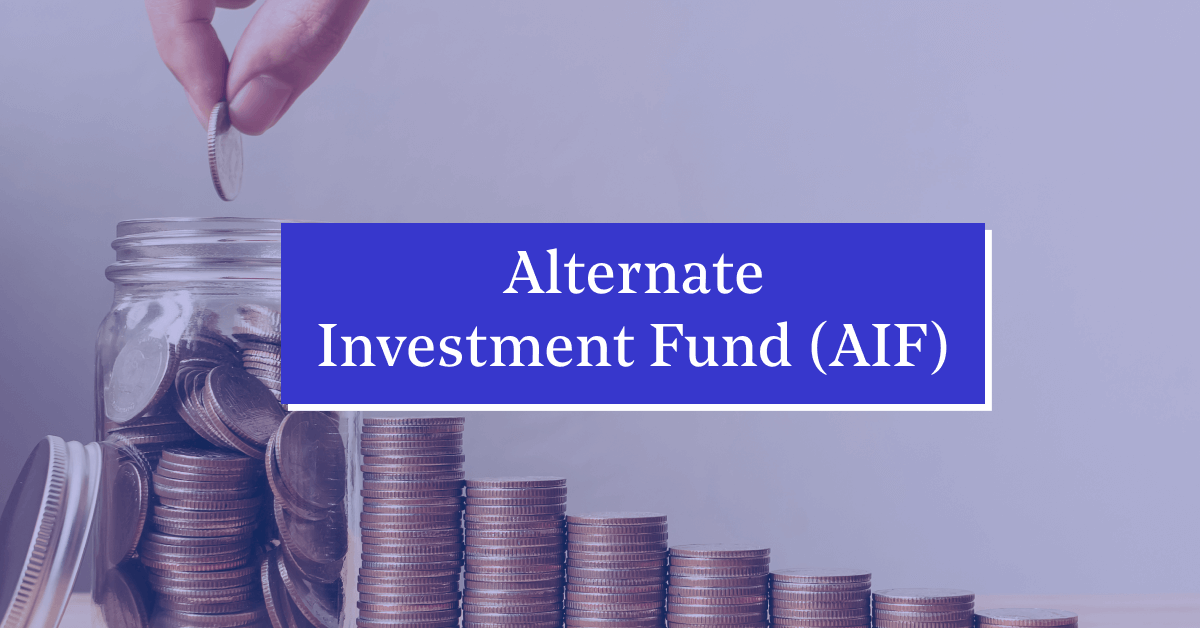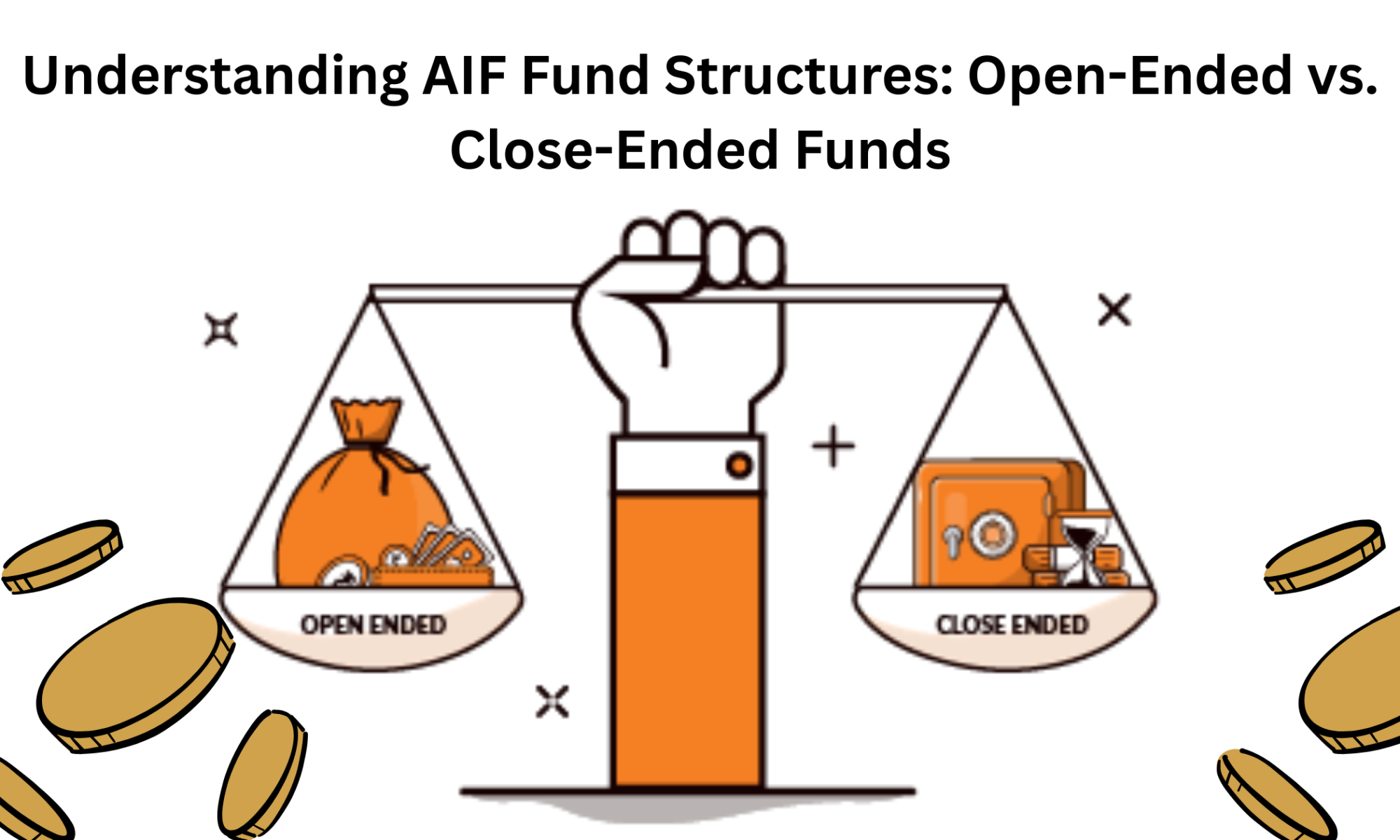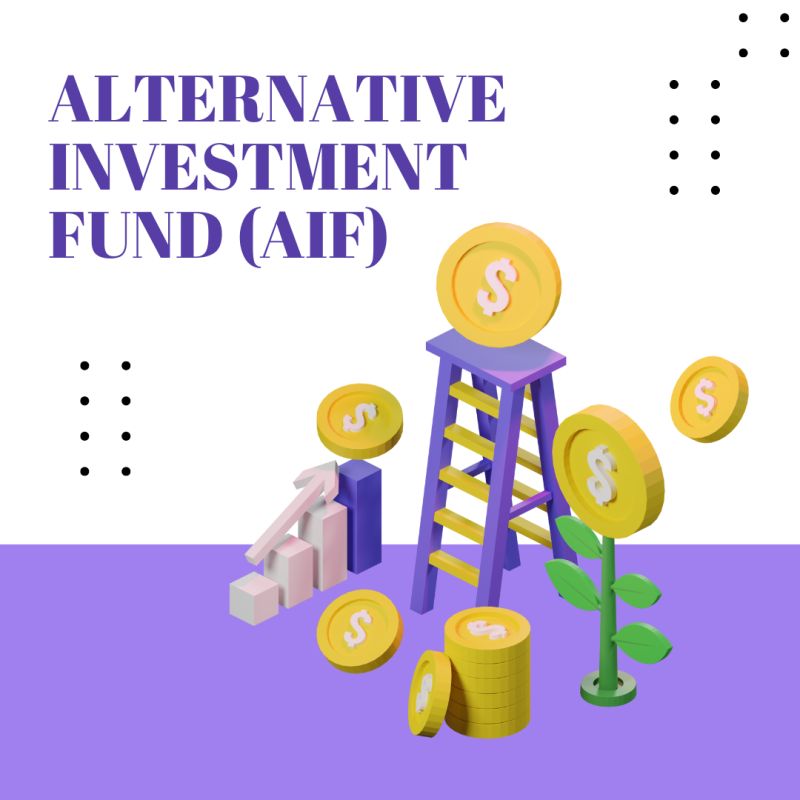In recent years, the investment landscape has experienced a paradigm shift. Investors are no longer focused solely on financial returns—they’re seeking to make a difference while making a profit. This growing trend, known as impact investing, has led to a significant rise in the popularity of Alternative Investment Funds (AIFs) in India.
Understanding Impact Investing
Impact investing is a strategy that aims to generate both financial returns and measurable social or environmental impact. Whether it’s promoting clean energy, supporting education, or fostering inclusive financial systems, impact investing blends purpose with profit in a meaningful way.
The Role of AIFs in Impact Investing
Alternative Investment Funds (AIFs) have emerged as a preferred vehicle for channeling impact-driven capital. These funds are privately pooled investment vehicles that collect funds from investors for investing according to a defined investment policy. In India, AIFs are categorized into three types:
- Category I AIFs: Investments in socially or economically desirable sectors (e.g., infrastructure, SMEs, social ventures).
- Category II AIFs: Private equity funds or debt funds.
- Category III AIFs: Funds that employ complex strategies or invest in listed/unlisted derivatives.
Of these, Category I AIFs are particularly popular among impact investors due to their alignment with national priorities and developmental goals.
Why AIFs Are Ideal for Impact Investing
- Flexibility in Strategy
AIFs offer more strategic freedom than traditional mutual funds, allowing for customized impact-driven investment models. - Long-term Investment Horizon
Impact investing often requires a longer timeline to see both financial and social returns. AIFs are structured to accommodate such horizons. - Support from Regulators
SEBI (Securities and Exchange Board of India) has streamlined the AIF Registration in India, encouraging more players to enter the space and contribute to the growth of socially beneficial projects.
AIF Registration in India: A Gateway to Impact
Setting up an AIF requires registration with SEBI. The process can be complex, involving regulatory compliance, legal structuring, and operational planning. This is where an AIF Registration Consultant becomes invaluable.
For those looking to align investments with social causes, obtaining Online AIF Registration in India offers a more accessible pathway. Many professionals and platforms now offer AIF Registration Online in India, simplifying the setup process for both domestic and international investors.
With streamlined digital processes and experienced consultants guiding fund managers, Online Alternative Investment Fund Registration in India has never been easier or more efficient.
Final Thoughts
As the world moves towards more responsible and sustainable investing, AIFs are at the forefront of this evolution. They offer a robust framework for impact-driven investing in India, making it possible to align profit with purpose.
Whether you’re a socially conscious investor or a fund manager aiming to make a difference, starting your journey with Alternative Investment Fund Registration in India can be your first step toward meaningful capital deployment. And with the convenience of online AIF registration counsltant in India, that step is now more accessible than ever.









